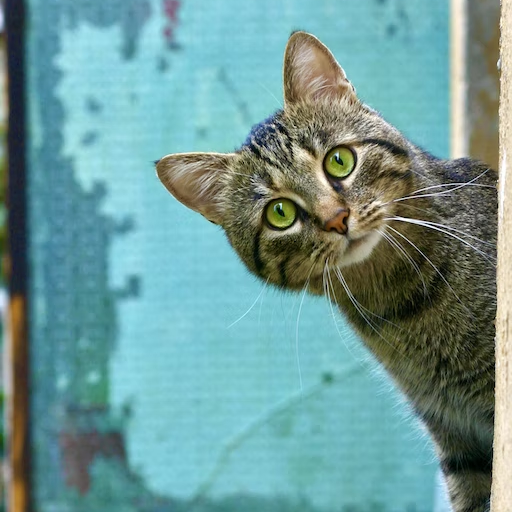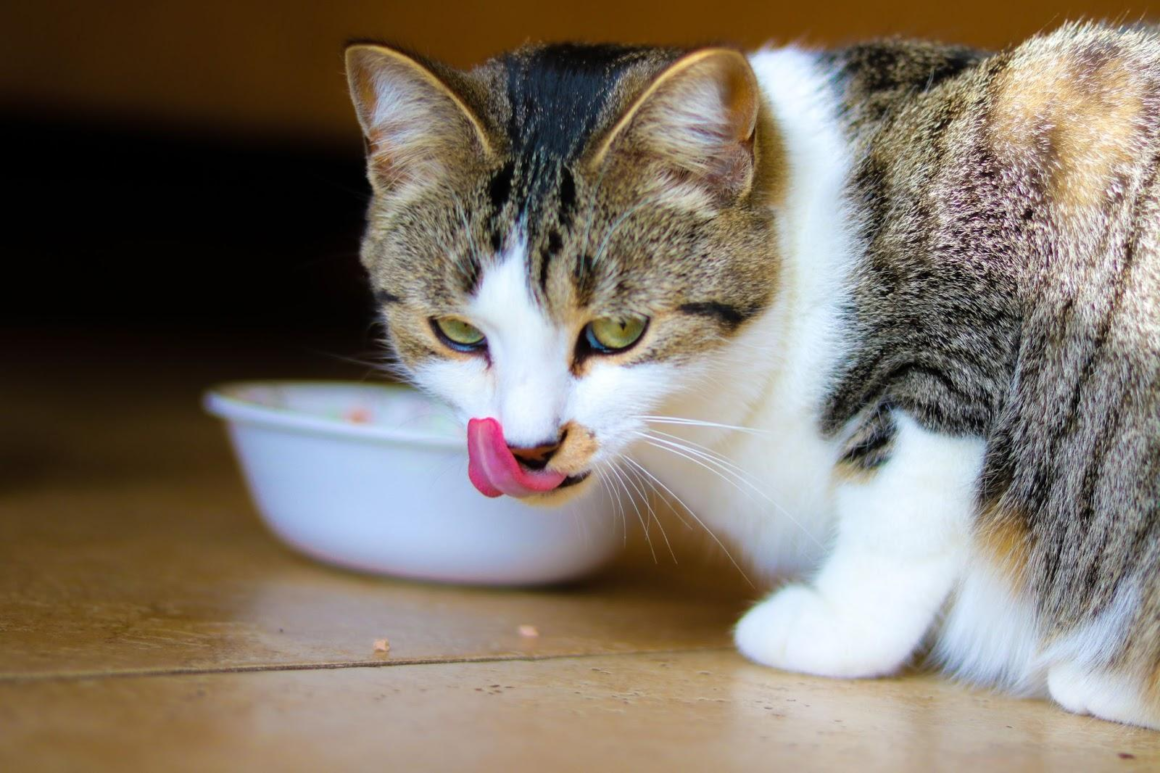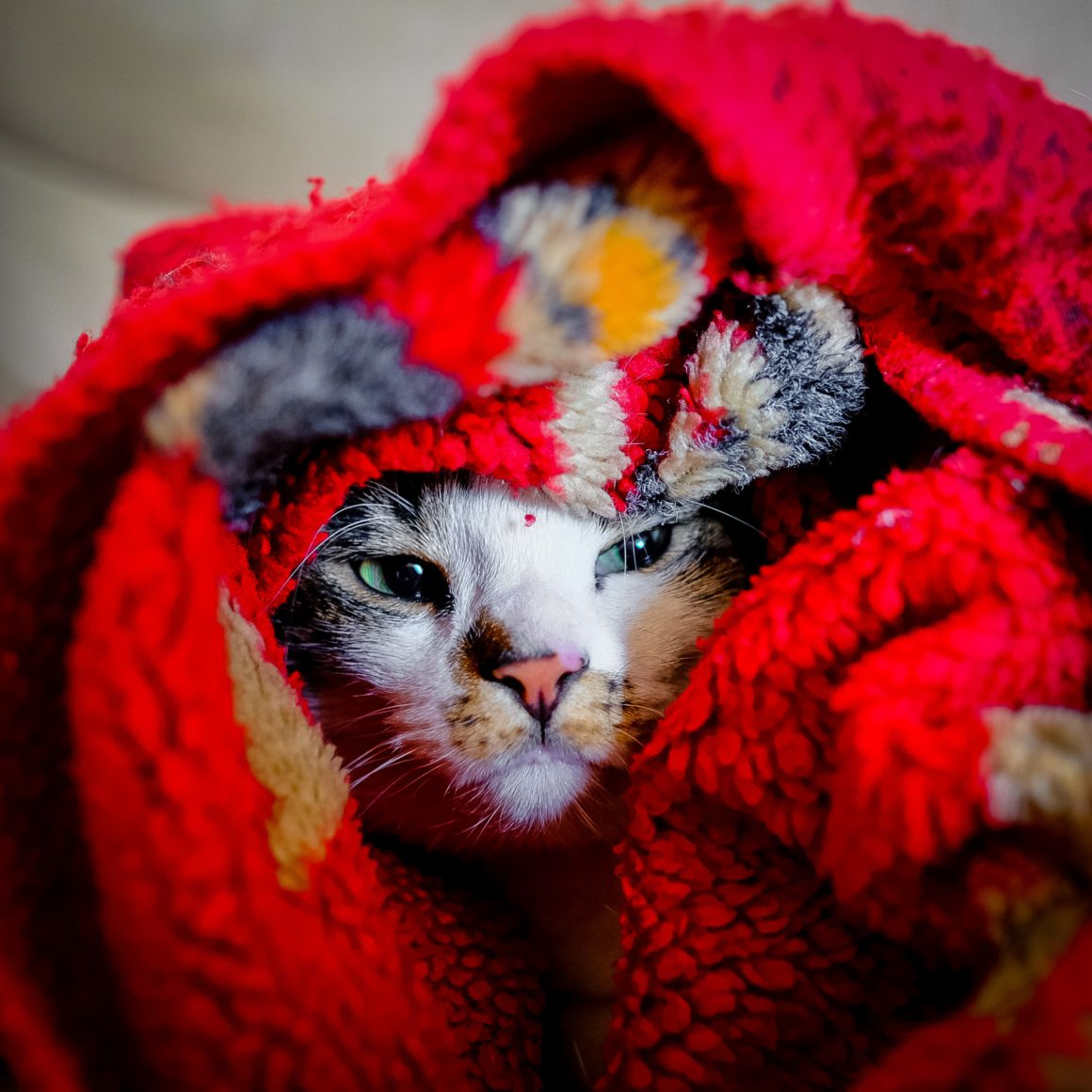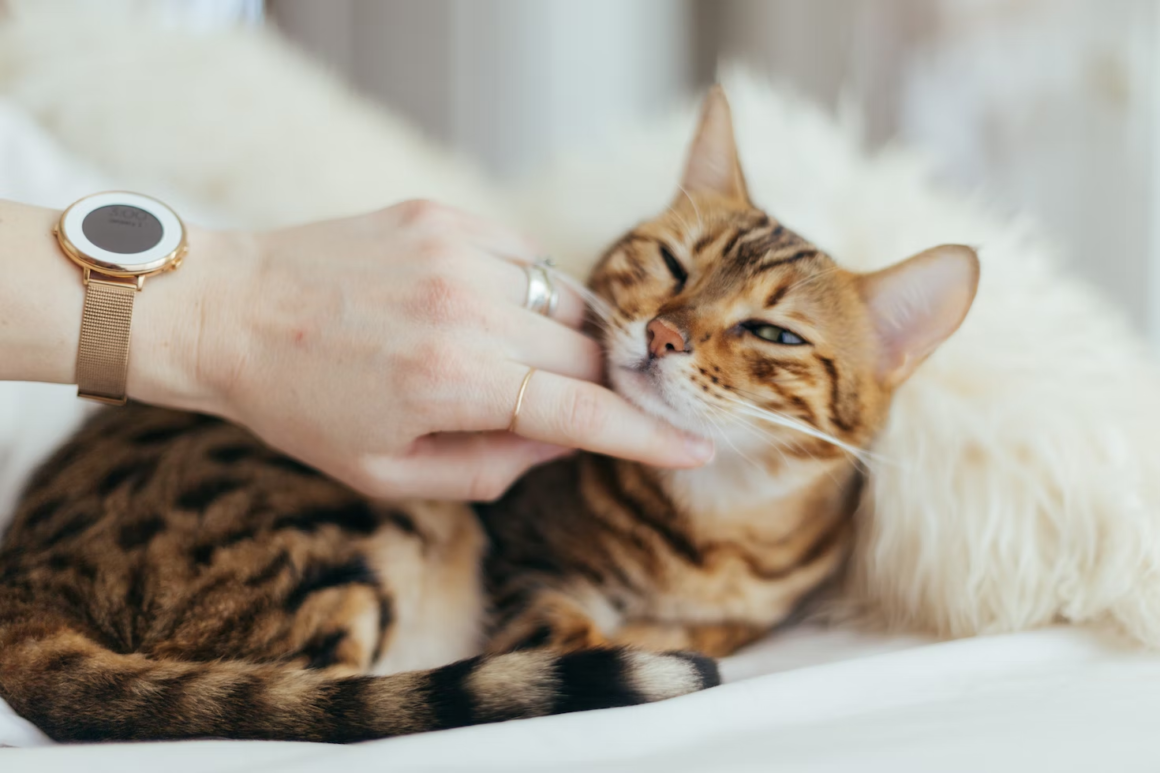People talk about the cat’s meow as something that’s often very appealing, but what happens when your cat won’t stop meowing? Sure, they could just be a chatty cat or trying to communicate something. That’s why we put together some top reasons to make you think about what’s the purpose behind your cat’s meow.
We’ll discuss communication methods, how to stop the constant barrage of meows and even what to avoid if you’re looking to tame this behavior.
Consider with CUDDLY: 6 reasons your cat is constantly meowing
- What they could be telling
- Common causes
- Training methods
- What to avoid doing
Why Is My Cat Meowing So Much?
While a meow could simply be a hello from your cat, it could signal something else. Often, cats become vocal when trying to verbalize something. And while we would all love to learn what those meows actually mean, unfortunately we just can’t speak cat yet.
However, if you think the constant meowing is more than usual or if you believe it is signaling something more than them just having a chat with you, it’s best to figure out why. There could be a slew of reasons your cat is trying to communicate with you so think about some common causes we’ve listed below to determine if your cat fits within these examples.
If not, there’s nothing to fear. You can also contact your veterinarian for additional resources or to schedule an annual check just to make sure they’re in perfect health. Either way, it’s best to be proactive about anything that may pop up in your cat’s life. This will bring you peace of mind in the long run.
6 Common Causes
Your cat is probably one of a kind, most cats are unique in personality and temperament. However, there are some commonalities to cats, especially in how they communicate and often verbalize their feelings.
1. They Just Want To Say Hello
A simple hello could be normal from your chatty cat. Think of it as a greeting after a long day at work or after a trip away from your home. They’re looking to greet you just as you most likely greet them in return.

2. To Catch Your Attention/ They Feel Lonely
We all feel lonely at times, this can also go for your cat. Perhaps you have a social cat that loves attention and craves it if you’re too distant. If you work from home, take a few breaks throughout the day to show some love to your cat to stave off the constant meows. They may just feel lonely and like companionship.
If you work out of the house or are gone for a longer period of time, take some time to unwind with your cat at night. It will probably help you both to limit the screen time and spend some quality time discussing the day or simply sitting together.

3. They Are Hungry
Cats can get hungry too – it’s part of life. So their meow could signal that their normal meal is a little late, or maybe you were scattered and didn’t give them enough one morning. Check in with your cat, and they’ll probably alert you to the fact that they’re hungry.
However, don’t take this as a signal to overfeed your cat just because they start meowing for more! It’s best to keep with their recommended diet to stay active and avoid unnecessary diet plans or trips to the vet overweight gained.

4. They Might Be Stressed Or Sick
You may not always see your cat not feeling well physically. Similar to humans, cats also have times when they are trying to communicate that they are not feeling well. To be sure, you can check their pads/nails to make sure they don’t have any cuts or scrapes.
If you can also watch how much they are eating and drinking to see if their appetite has changed. Closely monitor to ensure that they are sticking with their normal routine. If not, you can always get in contact with your veterinarian to discuss your cat’s medical history in detail.

5. They Might Be In Heat
If your cat is not spayed or neutered yet, they may overly communicate if it is mating season or if they are in heat. Cats generally are more active at night, especially if it is mating season. They can become loud and even aggressive during this period. You should consider neutering/spaying your cat to help them calm down and to avoid any additions to the overall homeless cat population. You can discuss the best time to schedule this with your veterinarian.

6. They Are Getting Old
If your cat is older in age, they could simply be a bit more confused than normal. Similar to humans, as cats age they develop degenerative conditions that impact eyesight and even cognitive abilities. This may cause them to meow more for help if they have trouble navigating in the dark. They may also be facing some pain from arthritis, so it’s best to take your cat to the vet if you think this is an issue they are dealing with.

How Can I Stop My Cat From Meowing So Much?
There are ways to temper your cat from meowing as much. While they will always have a mind of their own – as we all know, it is the nature of cats to be willful – you can take steps to better communicate your frustration.
Ignore It
Maybe your cat is just going through an obstinate phase. If so, then ignoring the meows for a period of time could be the solution. But if you feel yourself growing tired of the never-ending noise, then there are other avenues to explore.
Train Them To Shush On Command
If you’re up for training your cat, then you can teach them a command to “shush” or be quiet depending on your level of commitment. And while there are additional training resources like an expert trainer or behaviorist, you may want to try it out yourself before considering a much more expensive option.

Make Sure They Get Exercise and Stimulation
This could be key to understanding your cat’s frustrations. Perhaps they are simply bored and in need of stimulation. This could actually be quite fun for both of you. There are so many toys and ways to exercise your cat that you can spend so much time researching or shopping (whatever you enjoy more, to be honest!).
Perhaps you even have a cat that enjoys being walked on a leash. There are options to help your cat with stimulation and play so they don’t feel the need to constantly meow their frustrations to you. Make this a fun activity for you two and engage in daily activities for both of your benefits.
If The Problem Persist, Take Your Feline Companion To The Vet
Of course, if you’ve exhausted all other avenues then it’s best to go right to the source, your vet. Your veterinarian will be able to run any necessary checks like blood tests and also see your cat’s medical history. They’ll be able to check for something you may not have the ability to see yourself, and that’s okay! You don’t have to be an expert on all things cat to own or care for your cat.
Always use educational resources that your vet has to ensure that you and your cat are both happy and have peace of mind.
What You Should Never Do
What you don’t want to ever do is ignore, punish, or give in to your cat’s demands. While this sounds a bit harsh you have to always continue to pay attention to their health and behavior. However, you should never punish your cat for getting frustrated with their behavior. It’s always best to take a step back, take a breath, and remember that they can’t talk!
They’re communicating with you the only way so it’s best to attempt to understand but also not just give in if they are whining or simply want something unnecessary. You never want to reward bad behavior, so take the time to set boundaries and help them understand that a meow isn’t always the answer to what they want. Just like in any relationship, you have to understand their personality and try to give what you can without depending completely on certain behaviors.
Remember, keep a level head and try to communicate with them in a simple way. If you find the meowing too much, again seek out your veterinarian for specific advice.

Final Thoughts: Your Cat’s Meow
Ultimately, you know your cat best. You know their habits and preferences and even how their personality changes depending on their mood! Trust your instincts, but always remember that there are resources to help you through any incessant meowing.
For even more on your cat’s health and wellness check out our other blogs on:













